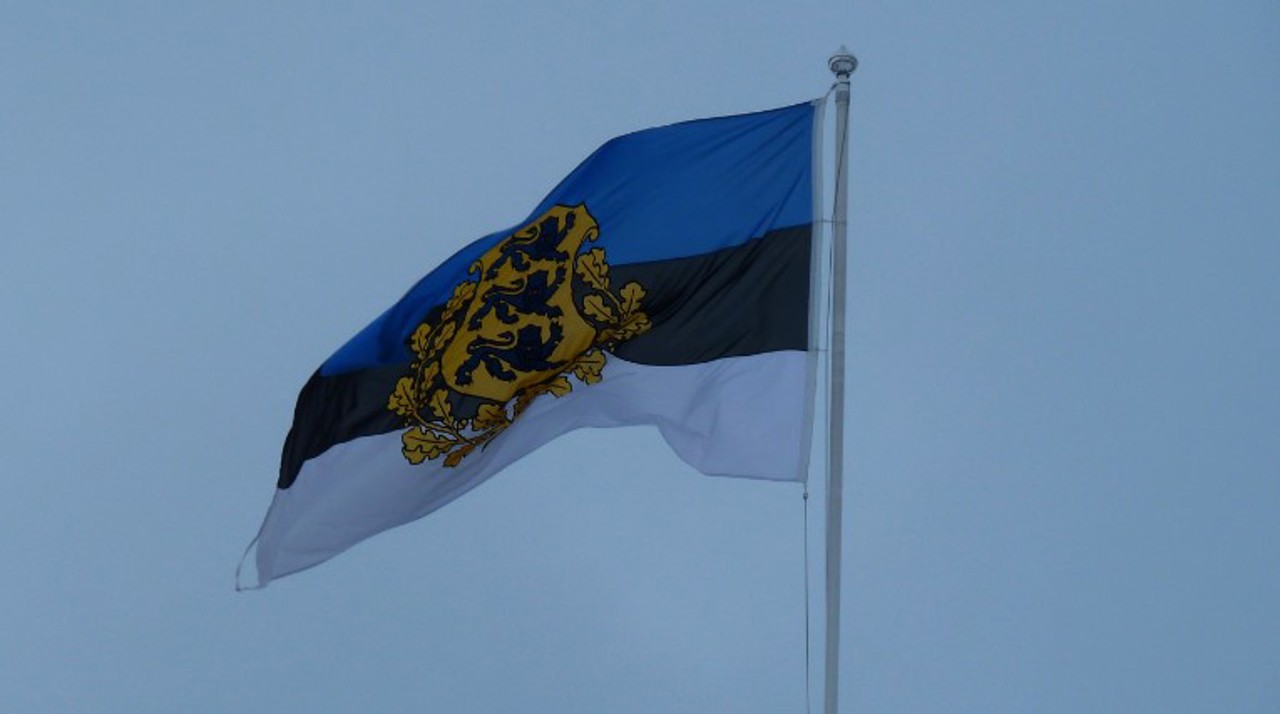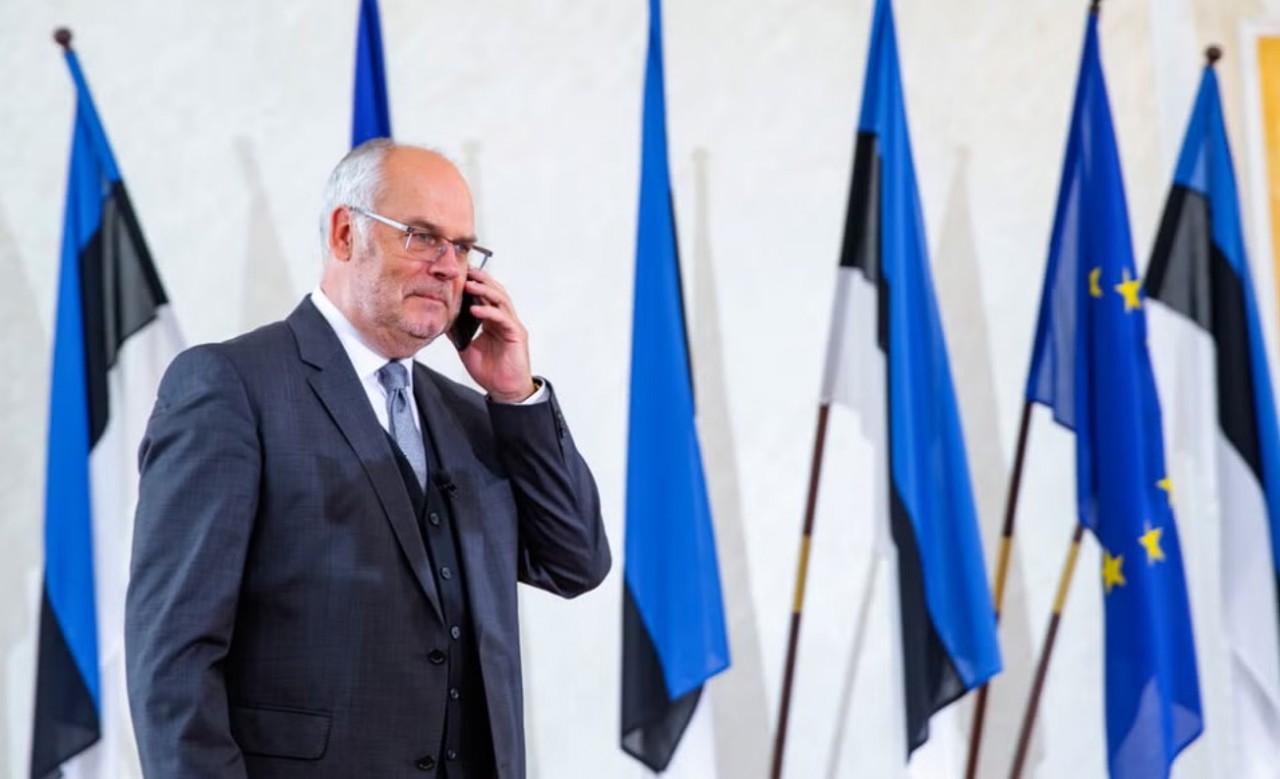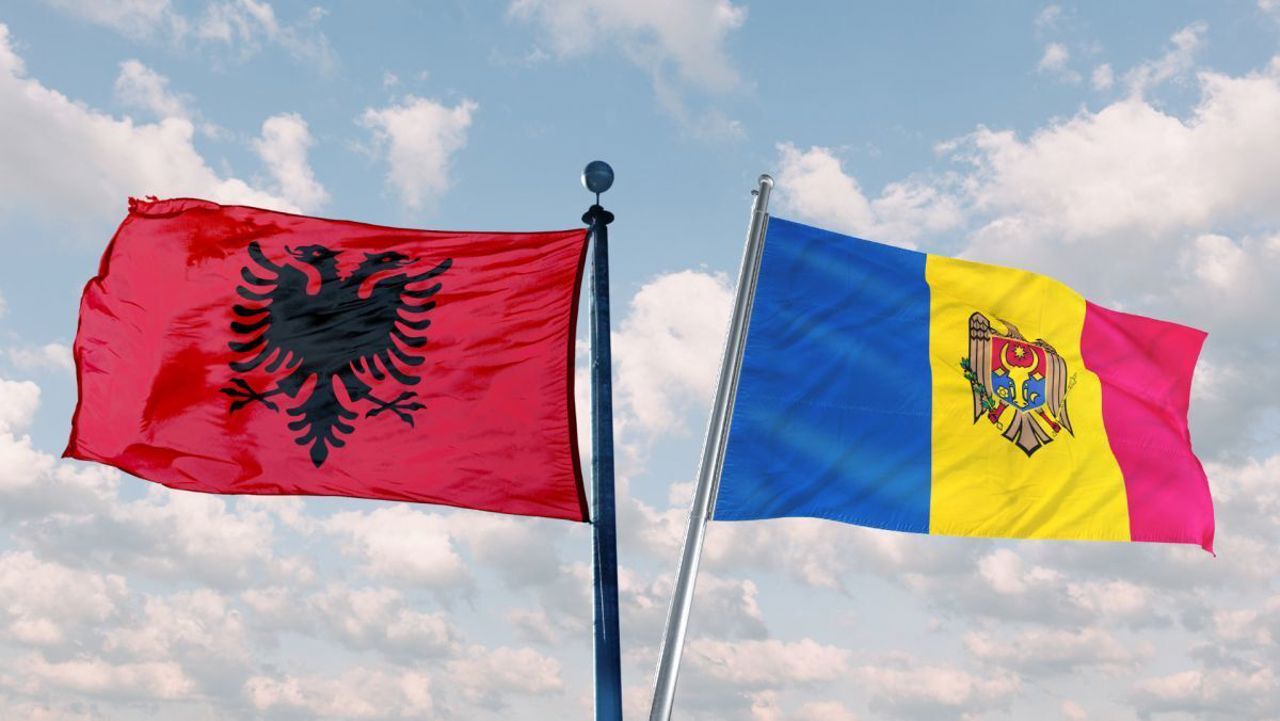Estonia's EU Path: A Blueprint for Moldova?
This week, Radio Moldova explores the experience of Estonia, a member of the European Union for nearly 20 years.

A team of Moldovan journalists visited Estonia to gain insights into the Baltic nation's development and how lessons from Estonia's path could benefit Moldova.
Estonia's Digital Transformation
Estonia joined the EU during the historic 2004 enlargement, representing the community's largest expansion by both population and territory. The country's embrace of free-market reforms propelled its progress, attracting significant foreign investment.
Today, Estonia stands out globally as the only nation where 99% of public services are fully digitalized. Since the year 2000, government meetings have been conducted electronically. Citizens have enjoyed the convenience of online voting since 2005. Tax processes occur entirely online, often completed within minutes. School reports and land registries exist only in digital form. Since 2008, medical records have been accessible online, followed by digital prescriptions in 2010. Estonia even offers online child registration.
Estonians openly share the strategies behind their digital transformation, hosting the e-Estonia centre where those interested can learn about state digitalization. Our team learned that the first essential tool is a secure digital ID card. Erika Piirmets, Digital Transformation Adviser at e-Estonia, highlights the integrated nature of their system:
"Digitalization isn't simply about emailing documents. It's a system where both authorities and citizens have access, enabling transparency about data usage. As other governments seek to replicate Estonia's digitalization model, we emphasise that while technology is crucial, it's not the sole factor. Leadership, long-term vision, and a clear understanding of how technology serves those goals are paramount. Ultimately, it's a way to reimagine your vision of the country."
Estonia's Success as an EU Member State
How did Estonia become the wealthiest Baltic state, with one of the most developed economies in the former Eastern Bloc? The answer lies in a national plan developed in the 1990s and diligently implemented. Estonian President Alar Karis believes his country's model holds valuable lessons for other states aspiring to EU membership, including the Republic of Moldova.
"As an EU member, we enjoy strong friendships and receive vital resources from the EU. NATO membership offers additional support when needed. Most importantly, we are united, especially during this challenging time with the war in Ukraine. Our unified foreign policy reflects this commitment. While each country has unique aspects, we must defend our positions before the European Parliament and the European Commission," states President Karis.
The Importance of Public Support for EU Membership
Estonia's EU accession negotiations began in 1997. Membership was formally offered in December 2002, followed by a national referendum a year later. While initial public support for joining the EU was relatively low, political leaders successfully conveyed the benefits of integration, resulting in a 66.8% "yes" vote. President Karis believes this holds relevance for Moldova's upcoming referendum on EU aspirations:

"We held our own referendum, with initial results evenly split. Our president at the time engaged extensively with the public, explaining the EU's advantages. This ultimately led to our decision to join, which we are grateful for. It's crucial to convince citizens, present strong arguments, and offer examples like Estonia. This is continuous work for politicians. If a nation truly desires EU membership, even starting from a 50/50 split is a positive sign."
Benefits of EU Membership for Estonian Citizens
Estonian citizens express satisfaction with the positive changes brought about by EU membership. Many acknowledge the limitations of a small nation and believe EU integration offers the best path forward. They emphasise the importance of public determination and acknowledge the challenges Moldova might face due to the Transnistrian region. However, they believe the advantages of EU membership outweigh the difficulties.
Estonia's experience as a member of the European Union offers valuable insights for Moldova as it considers its own European aspirations. While challenges exist, Estonia's success story demonstrates the potential benefits of membership, particularly when coupled with a strong national plan, technological innovation, and unwavering public support.
Translation by Iurie Tataru





